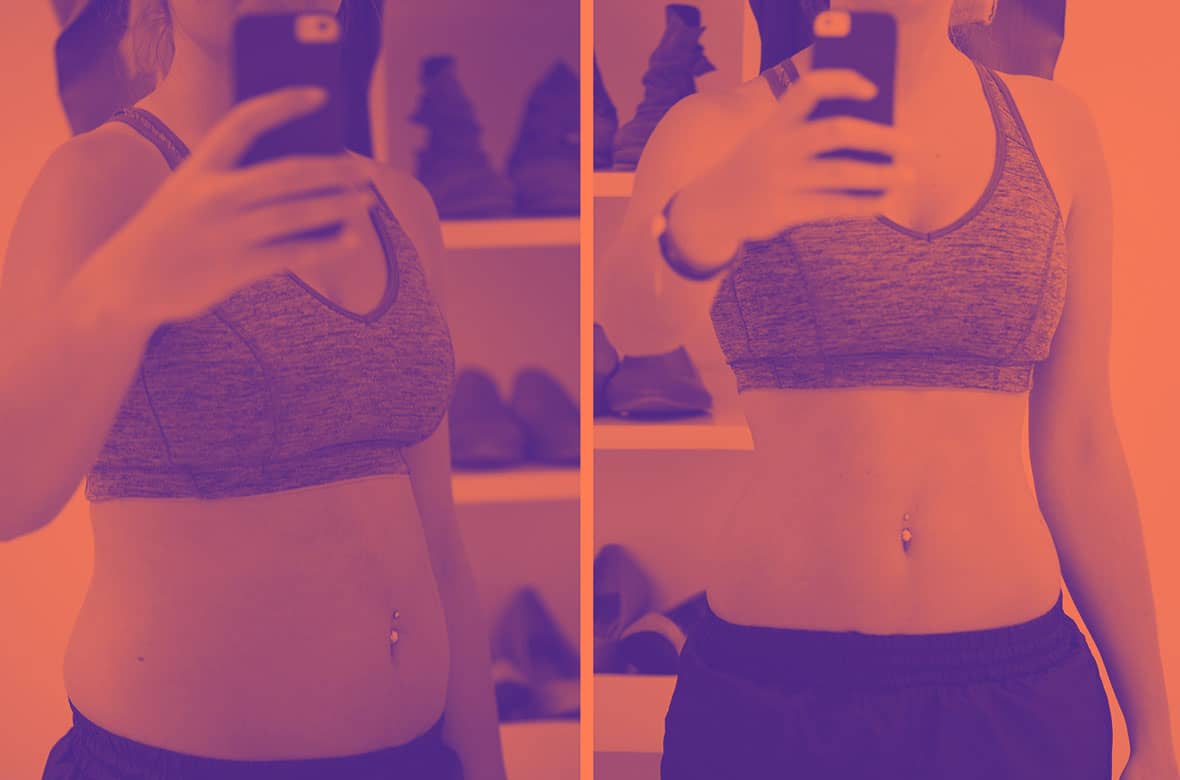
Categories
Fat Loss – The Most Important Factor
Fat loss and the dieting landscape has become a crowded one. There are many diets claiming to be the ‘best diet for fat loss’ and to get the best results. Keto, clean eating, intermittent fasting and Slimming World are just a few examples.
The truth is, in theory, they all have their place. All of them, in different ways restrict either food groups or control the amount of food you eat. Within these dieting frameworks, calories are controlled. It’s this principle (controlling calories) in which fat loss occurs.
So how does fat loss happen?
Essentially it’s pretty simple. It all comes down to energy balance, and if you want to lose fat you need to be in a calorie deficit. This can be achieved by either eating fewer calories than you’re expending or moving more (burning more calories). Deficit amounts will vary depending on your size, body composition and the rate at which you want to lose weight, but an easy start point if you want to lose 1lbs a week is a 500Kcals deficit per day (that’s 3,500 Kcals deficit per week which equates to 1lbs fat).
So it’s simple in theory: eat less, move more to create a calorie deficit and… lose fat.
What if you can’t stick to it? What if that diet isn’t conducive to your lifestyle? The first step to diet success is diet adherence. Whatever dieting framework you chose, it has to be one you can be consistent with in order to get results.
Three tips to help you achieve this…
1. Keep protein high
There are many reasons why high protein is important. Particularly because protein is more satiating (keeps you fuller for longer), thereby decreasing your hunger levels so you are less likely to make poor food choices and overeat. It also requires more energy to digest protein compared to fats and carbs, so you burn more calories eating them. And finally, it helps preserve and build muscle mass (which will give you a better shape as you’re losing weight).
Fat and carbohydrate intakes are more flexible and can be adjusted based on personal preference.
2. Create a calorie deficit method that works for you
As fat loss comes down to overall calories, you can be in control of meal timing and frequency (so have a few larger meals or a greater number of small ones).
Think about your lifestyle and what will be more helpful to staying on track and losing weight, without having to be severely restrictive or cutting out entire food groups. There are many ways to cook an egg, find what works for you.
For example, if you know you are more sociable with meals in the evening, then perhaps start eating later in the day (to reduce your eating window) or eat lighter in the day to save calories for later.
If you know your weekend is going to be heavier with more food/alcohol, then reducing calories during the week might be your solution.
Alternatively, are you that person who ends up not eating much all day and so when you get home in the evening you’re so ravenous you eat everything in sight? Perhaps eating more structured meals in the day would stop you from gorging at night.
3. Include the foods you enjoy eating
It’s important to make sure that your diet includes the foods that you like eating. Yes, when dieting you might have to make some sacrifices and not be as indulgent, but this doesn’t mean that your diet needs to be bland and boring. All foods are within limits, provided you account for them in your daily intake.
In summary, set yourself up for a win. Find a diet and lifestyle that you can stick to. Once you have these under control, ignore other people’s opinion on the ‘best diet’ for fat loss. What works for them might not work for you. Calorie deficit and high protein to lose fat, the rest is up to you.
We help our members with a nutritional programme that works for them, if you’re struggling, give us a shout at our gym or try out our personal training and we’ll help you work out a plan that suits you.
Related Articles
- Meal Prep for Fat Loss
- The Best Ways to Train for Fat Loss
- 4 Ways you Should Be Measuring Fat Loss Results
- Are Superfoods Actually Inhibiting your Fat Loss Goals?
- InBody Scanner: Is It Accurate for Tracking Fat Loss Results?


